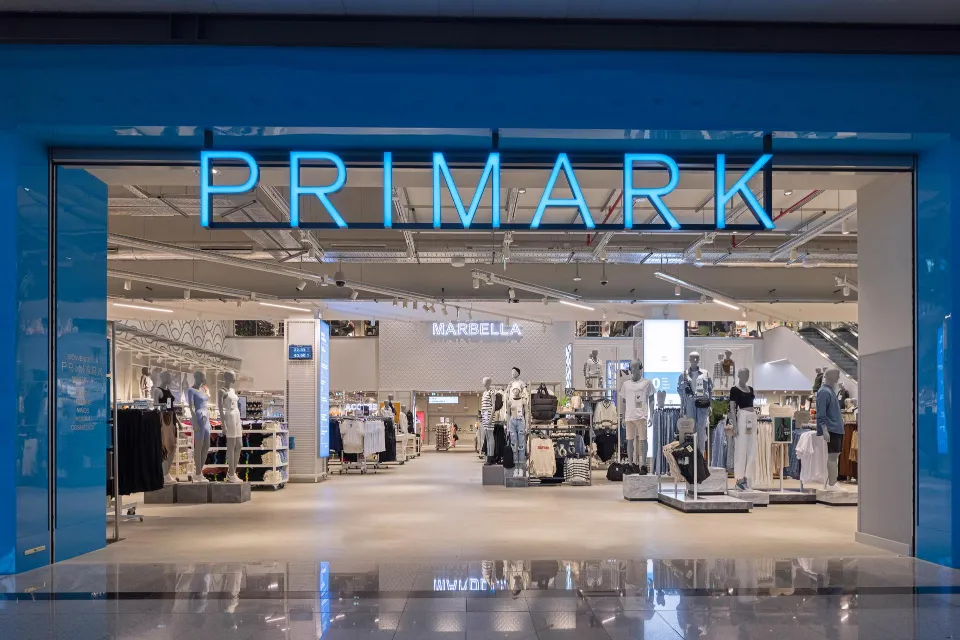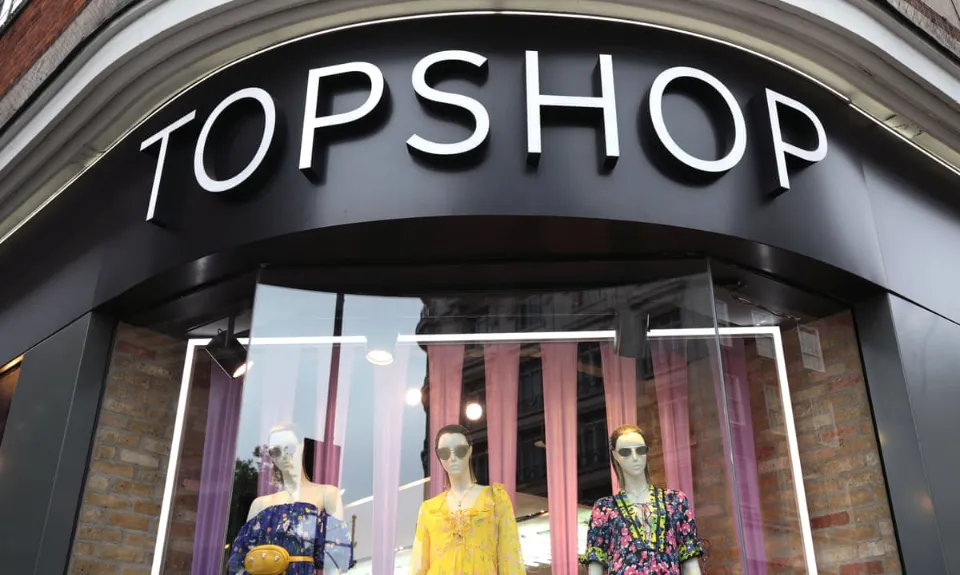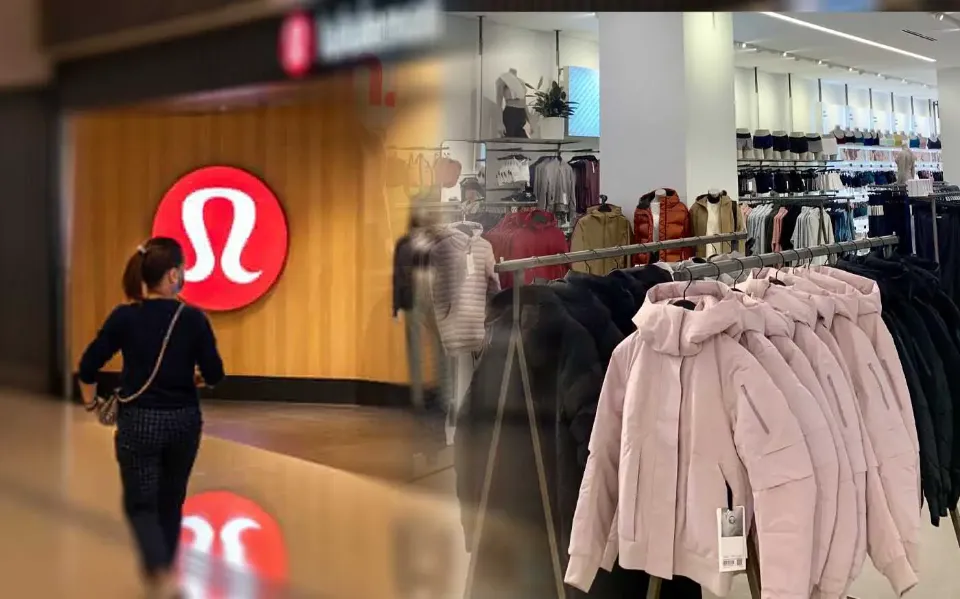In Ireland, Penney’s, the predecessor of Primark, was established in 1969. Is Primark fast fashion? Yes, Primark is a fast fashion brand.
Primark, an Irish fast fashion retailer, is well-known and adored throughout the world for its assortment of stylish apparel, accessories, and home goods for men, women, and children at surprisingly affordable prices.
Does the fact that they are so inexpensive, however, mask greater costs to the environment, the workforce, and the animals? How ethically sound is Primark is a question we looked into for you.
About Primark
Primark (or One of the most demonized fast fashion companies in the British Isles is Penneys (or Penneys as it’s known in the Republic of Ireland).
Primark was established by wealthy white Irish businessman Arthur Ryan (worth $8 million) and now has locations in 12 nations, including Austria, Belgium, France, Germany, Ireland, Italy, Netherlands, Portugal, Spain, Slovenia, the United Kingdom, and the United States.
The company employs 78,000 people (not counting its third-party suppliers or factories) and generates over £7.5 billion in revenue annually.
Related Post:
Is Primark Fast Fashion?
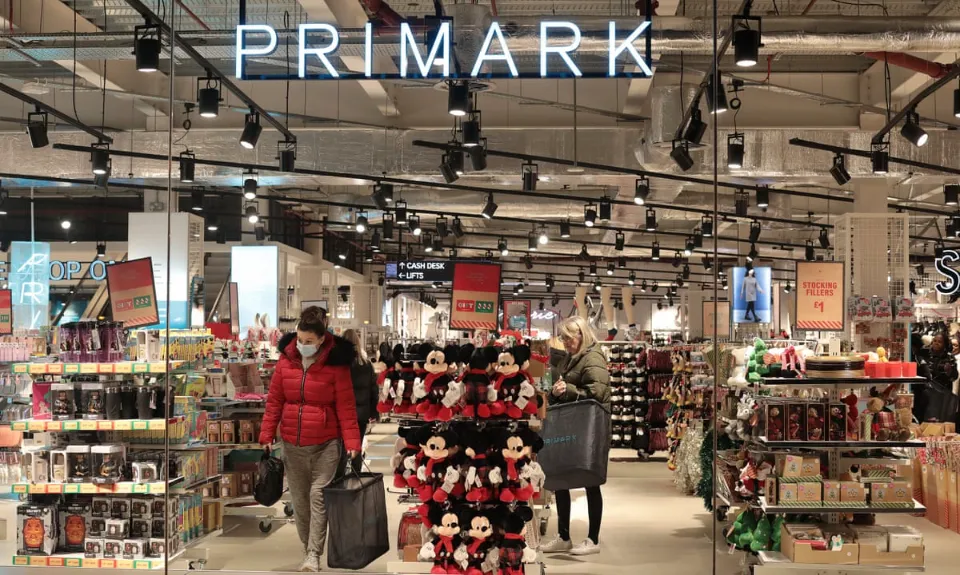
Primark is a firm fast fashion brand, and often bears the brunt of fast fashion criticism due to its ultra low cost items.
It has more than 380 stores spread across 13 countries in Europe and the US, offering a wide variety of products.
You Might Also Like:
Is Primark Sustainable?
Primark is making steps to becoming more environmentally friendly.
It has made a conscious effort to reduce waste through initiatives and has been using paper bags in-store since 2002.
It has partnered with the US charity Delivering Good to donate unsold items to those in need rather than throwing them in the trash. This also applies to Europe, where retailers have given samples and unsold goods to Newlife, a charity that supports disabled and terminally ill children, in an effort to raise money.
As a member of the Sustainable Apparel Coalition and according to their website, they are “committed to measuring and improving social and environmental sustainability impacts” and are “reviewing the type of chemicals used to dye materials” through the Zero Discharge of Hazardous Chemicals program.
In addition, Primark has joined the UNFCCC and started measuring the greenhouse gas emissions generated by its operations and some of its supply chain.
They have agreed to do this, as well as cut their greenhouse gas emissions by 30% by 2030.
Primark Environmental Impact
Primark received our worst rating for Environment Reporting. Though it frequently lacked the details necessary to support its claims, it occasionally displayed good intentions.
For example, Primark appeared to understand what its key areas of environmental impact were, such as chemical management, sustainable cotton, energy efficiency, transport and It lacked quantified or time-bound environmental reduction targets, though, to address these problems.
The Primark website section ‘Sourcing Raw Materials’ stated that the company was working with CottonConnect and the Self-Employed Women’s Association (SEWA) to create the “Primark Sustainable Cotton Programme”.
It claimed that this programme trained female farmers in “sustainable farming methods to improve their income” and said it helped farmers use less water and chemicals. However, it didn’t clarify what it meant by “sustainable farming methods” or define “less water and chemicals”.
Primark Labor Conditions
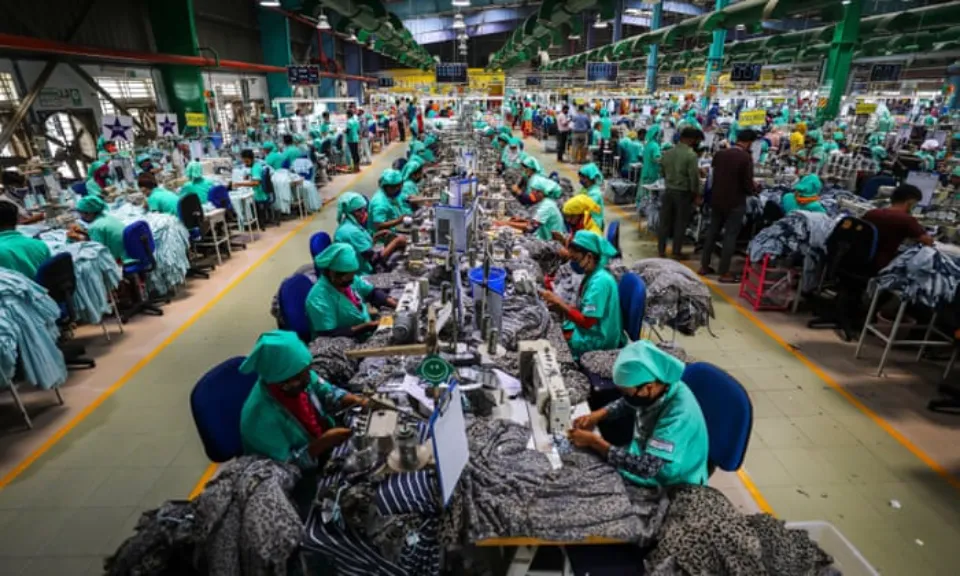
Primark has taken some positive steps towards improving its ethical practice when it comes to workers, but there is still much room for improvement.
In addition to the Cotton Pledge, which commits to a boycott of Uzbekistan cotton, the brand is a signatory to the Bangladesh Accord on Fire and Building Safety.
Primark is also a member of the The Ethical Trading Initiative (ETI) has ratified their Code of Conduct. The code does not, however, guarantee the payment of a living wage.
On its “Primark Cares” page, Prior to receiving the brand’s approval, Primark claims that each factory is examined in accordance with the international norms outlined in its Code of Conduct.
The brand may audit factories at the final stage of production at least once a year to ensure that they are adhering to the Code of Conduct, but it is not clear if it does the same for the first and second stages.
Although the company has made some positive strides, the fact that Primark, like so many other fast fashion companies, doesn’t own its own factories and outsources manufacturing to its suppliers means that despite all the talk of ethical practices and auditing, it does not control its supply chain and can, therefore, effectively shrug off any responsibility for factory workers and any labor issues that may be occurring.
In addition, it discloses that it has insufficient policies or safeguards in place to protect its suppliers and workers from the effects of COVID-19, earning a score of 31-40% on the Fashion Transparency Index. For these reasons, we have given Primark a score of “Not Good Enough” for people, too.
Primark can improve its score in this area by being more transparent when it comes to its suppliers and auditing practices, as well as paying its workers a living wage and improving health and safety in factories.
Primark Animal Welfare
Primark is a member of the The non-fur, non-angora, non-down, non-feather, non-exotic animal skin or hair products are made by the Leather Working Group, which advocates for sustainable practices in the leather industry.
There is no proof that it can be proven that any animal product is traced back to the first stage of production, but it does use leather and wool without mentioning its sources.
Considering that their well-being cannot be ensured, this is problematic for both factory workers and our furry friends. By letting customers know where its leather and wool come from, Primark could raise its rating in this category and help them make an educated choice.
Until then, it receives “Not Good Enough” here, too.
Final Thoughts: is Primark Fast Fashion
Overall, we rate Primark as “Not Good Enough” based on our own research.
The fast-fashion model can never be ethical, because it requires exploitation of people and planet to turn a profit, with garment workers exploited and underpaid for top bosses to take home millions.
While it seems that Primark may be trying in some areas, it can’t be enough unless the model is radically transformed. Primark won’t ever be considered morally or environmentally sound until that time.
FAQs
Is Primark Ethical?
No, it is not ethical.
Why is Primark So Popular?
Price and an overwhelmingly large selection of fashion items in their stores are the main factors.
Is Primark Owned by Walmart?
Since J. Crew, an American retailer, owns the original Penneys brand elsewhere, it is not used outside of Ireland. C. Penney.

